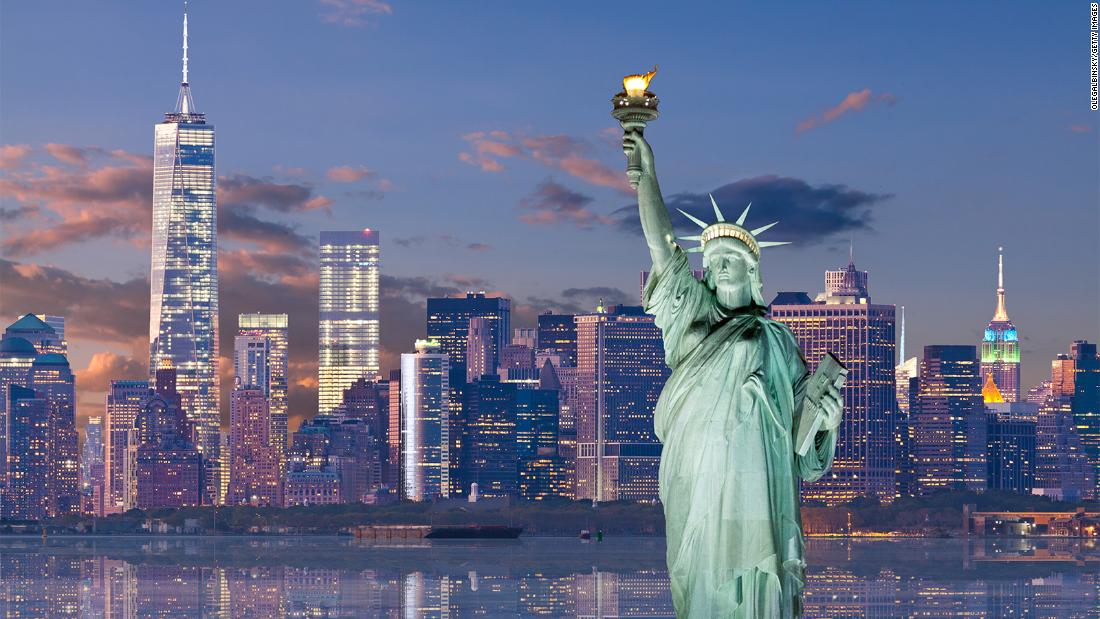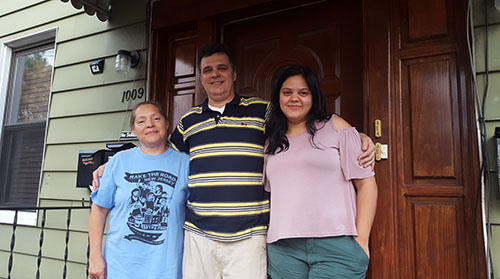WASHINGTON — America’s restrictions on visas for highly skilled workers are forcing such workers to go to other countries and causing a brain drain in the U.S., advocates and the head of a House subcommittee said Tuesday.
“If we want to compete in an increasingly global and technology-driven marketplace, we have to do what we failed to do for the past 30 years, which is to reform our immigration system to respond to the needs of our country,” Democratic Rep. Zoe Lofgren of California, chairwoman of the House Judiciary Committee’s subcommittee on immigration, said at a hearing on the country’s ability to compete in the global economy.
Jennifer Young, CEO of Technology Councils of North America, said that U.S. immigration policies have created visa backlogs as well as more cumbersome processes for green card and citizenship applications, often forcing international students and highly skilled immigrant workers to leave for other countries with less restrictive immigration laws.
“What we are seeing right now is that instead of going back to their home country, they choose to go to Canada because they have specifically targeted tech talents and made it easier and faster than the United States,” said Young, who testified at the subcommittee’s hearing.
Lofgren said Toronto’s tech economy has been growing at a faster rate than Silicon Valley’s economy “because their immigrant policies build flexibility and stability to attract highly-skilled immigrants, including those that we couldn’t accommodate.”
Former President Donald Trump implemented or proposed several immigration rule changes to make the screening process more rigorous, which he said would curb fraud in applications. In April 2020, Trump issued an executive order to stop the entry of immigrant workers seeking permanent residency in the country. The order said the policy would “protect already disadvantaged and unemployed Americans from the threat of competition for scarce jobs” at a time that the COVID-19 pandemic was already causing unemployment to rise.









